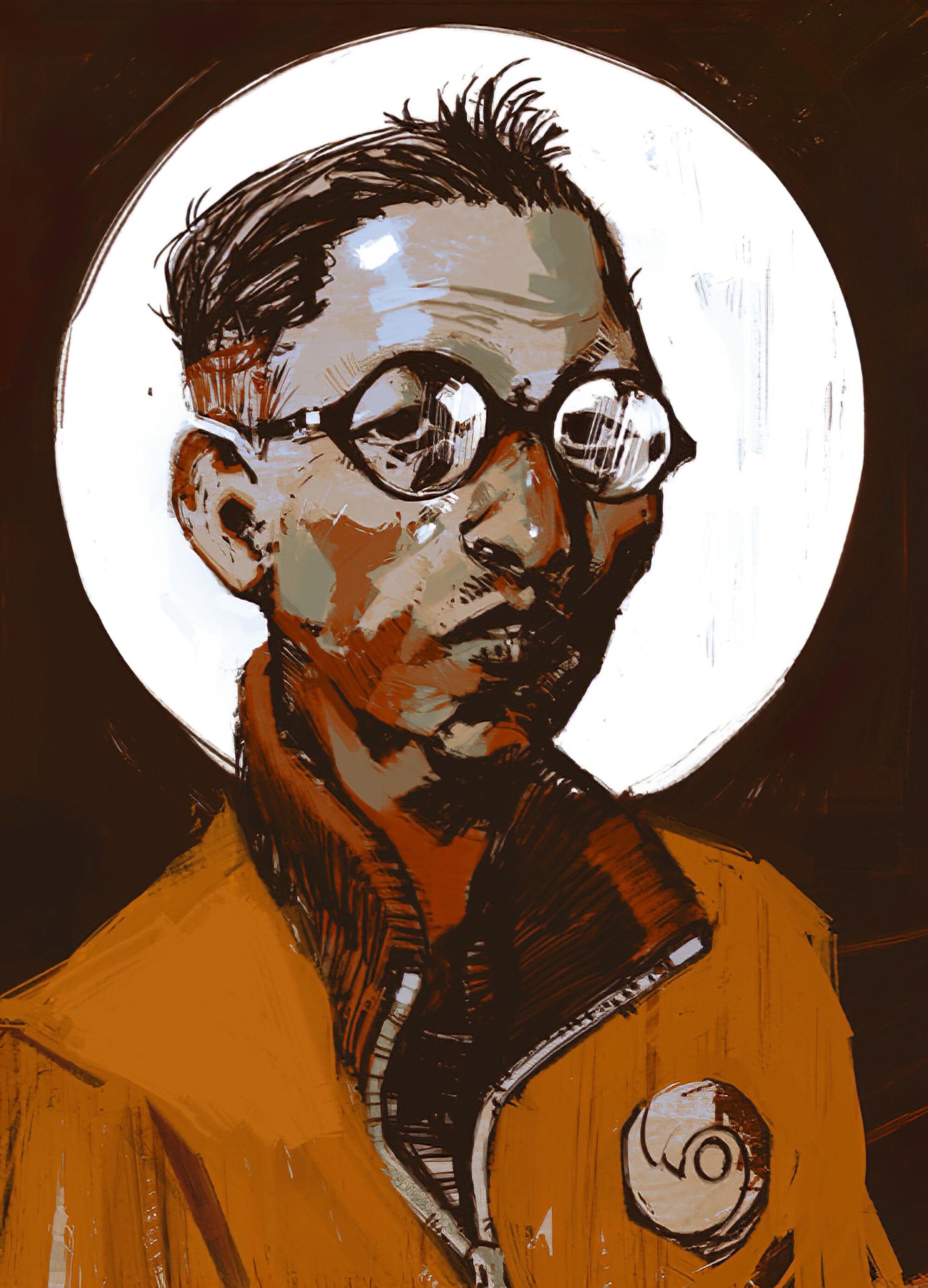Hi!
I know I know, we don’t like politics here much but I’ve been wondering if there are any good resources to learn about it. I think it’s important for being part of the society, no?
I saw Ground News, and though it seems interesting, I don’t know what right leaning left leaning centre means and what to watch out for.
I don’t want to be an expert, but I’d appreciate to know the basics so I know what’s going on around me. Can I learn about it in general or is it per country thing I don’t know.
Thanks :)
I unironically think that quality political satire is a good way to engage with politics.
It often cuts right through the BS and talks about issues that regular news or talk shows are afraid to touch. Also, it’s always clear that what’s being said is the opinion/interpretation of the artist, so you’re encouraged to think about it for yourself and see what you agree or disagree with.
You have to be careful not to rely on it too much, and also use other forms of media to inform yourself, but it definitely helps when trying to get into political subjects.
Wikipedia is probably a reasonably good starting point to learn. Just start at your own country’s page, read the Politics section and click through to the pages for the national parliament, the government, the regions, etc.
News, as the name implies, often has a relatively short half life. Thus it’s not a good starting point for learning. Ground News I only know from Youtube ads and I guess using that is better than, say, starting a Fox News diet. Actually, in general, keep away from (American) TV news and find more in-depth coverage elsewhere that includes a bit more context and nuance.
Also be aware that a lot of what looks like news at first may actually be opinion content and thus does not have to be entirely true.
What do you mean by ‘politics?’
There’s the actual process where a bill gets introduced and becomes a law. There’s the different parties and their agendas, and there’s the process where the law interacts with the public.
If you’re American, I’d suggest getting a book about Prohibition and its repeal. It would cover all the basic aspects.
Learning basic process and facts about government is step one.
Remember that your beliefs and values should inform your political affiliation, not the other way around.
Don’t let others tell you what you “should” believe, because political views can be nuanced and contextual.
Just adding to people mentioning it depends what you mean by politics. Politics pretty much applies to any interactions in a group of people. You can have office politics and family politics and even non democracies still have politics. It pretty much encompasses any interactions where people are trying to get their way or their favored way within a group. Groups can be any size. International politics is pretty much looking at countries as entities and the group is the globe. Very often when something or someone is called a pariah its because they have basically withdrawn or been kicked out of political interaction.
Ground News is a pretty good starting point for someone who wants to get into actuality, especially politics. The bias meter just explains for each article whether it’s from a right-, left- or center-leaning organisation, which usually comes with the attached strings you might expect.
By offering the articles from several different sources and clarifying where these sources lie on the left-right axis, you can easily see how some subjects in news are downright manipulated/being lied about by certain publications, just because they omit the most important data or skew it in a way to fit their narrative.
All you need to know to get upvotes on Lemmy is “left good, right bad”.
yes.
Thanks Pipey.
I think a great starting place is to learn about what people mean by Right and Left, then go from there to see how it applies to your local area, country, and how your country interacts with the world.
Before that, though, it’s important to understand Modes of Production and Class dynamics. Modes of Production refer to how industry is owned and directed. From collectively owned production in Socialism to Privately owned in Capitalism, these Modes of Production are made up of class dynamics, like Worker/Owner in Capitalism, or Serf/Feudal Lord in Feudalism.
Right generally means supporting the current class dynamics, ie social relation to the Means of Production. Feudalism, Capitalism, etc. It is in this manner that both fascism and Social Democracy, despite being very different, can be considered right wing, as both retain Capitalism’s class dynamics.
Left generally refers to the revolutionary side, ie fundamentally changing existing class dynamics. It is in this manner that Anarchism, Communism, and Socialism are left wing.
Beyond this, there is the Overton Window. This is a snapshot of your given country. In America, there are 2 right wing parties, the Liberals and the Conservatives, but Liberalism is less right wing than Conservativism, which is welcoming to fascists. In this manner, Liberals are sometimes considered left or left of center, despite believing in Capitalism and supporting the status quo. The Overton Window is where things get confusing for many people!
Taking it all together, looking up youtube videos and reading wikipedia articles is great for learning more about what you should learn more about, then you can read books and go deeper than that. On Lemmy, you’ll find many Marxists and Anarchists, as well as Social Democrats and Liberals, but very few conservatives or fascists, so the Overton Window is definitely skewed to the Left here.
Either you value people above property, which makes you a socialist, or you value property above people, which makes you a fascist.
Marxists.org is a great place to find the primary sources that your library doesnt carry and that right wing media demonizes.
Guess there are a lot of liberals here, you’d think recommending unaltered sources would be a reasonable take.
https://hexbear.net/post/2301742 just soak it all up
Can I learn about it in general or is it per country thing I don’t know.
It’s a per country thing. What country are you in?











